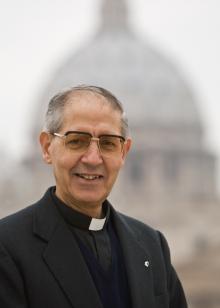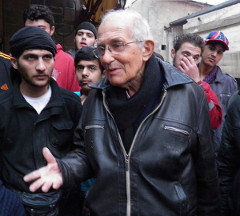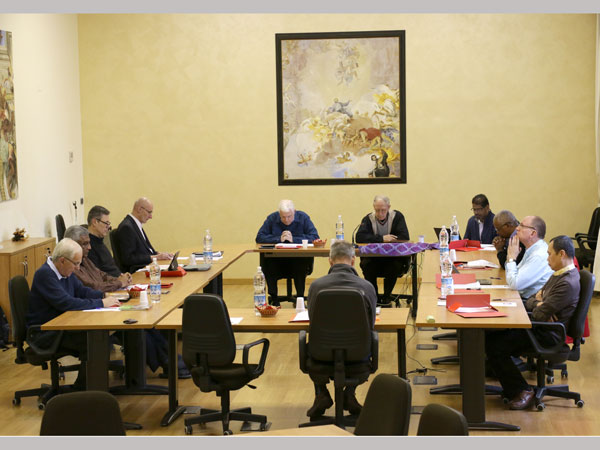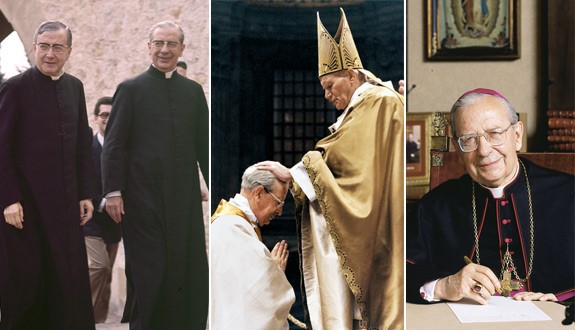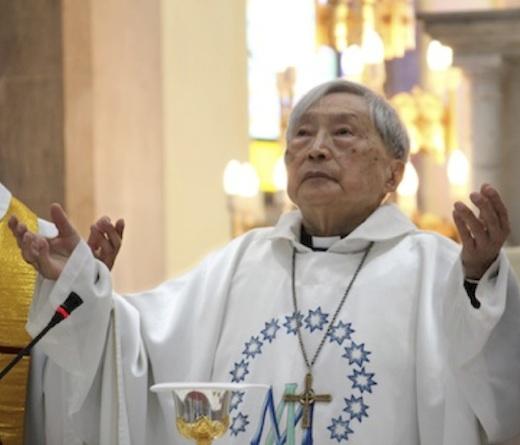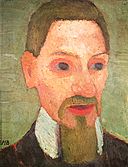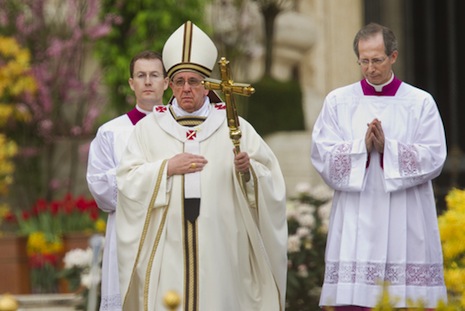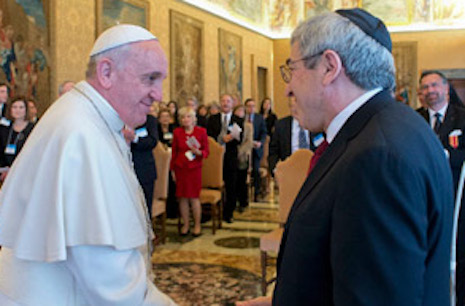
Fr General Adolfo Nicolás delivered the opening address at a recent Pontifical Gregorian University event held to celebrate the 100th anniversary of the Jesuit-run Sophia University in Tokyo. A former student of Sophia in the 1960s and a former provincial of the Japanese Province, Fr Nicolás spoke on Sophia’s contribution to the mission of the Catholic Church in Asia.
Fr Nicolás urged Japanese Catholics to promote religious sensitivity in their country and not to lose hope because they represent a small minority of the country’s population.
Comparing how many people have lost attentiveness to music because of the many other distractions of the modern technological age, Fr Nicolás said, “Just as this musical sense is being eroded and weakened by the noise, the pace, the self-images of the modern and postmodern world, so is religious sensitivity.”
“I suggest that mission today in Japan and Asia must first of all work toward people helping discover or rediscover this musical sense, this religious sensibility,” he said. “This awareness and appreciation of dimensions of reality that are deeper than instrumental reason or materialist conceptions of life allow us.”
Fr Nicolás also urged the staff and faculty at Sophia to not make the institution a place that is “primarily market driven.”
“Competition, the search for higher rankings for the sake of even more economic gain, has become the driving force for some institutions,” he said. “It would be a tragedy if our universities simply replicated the rationality and self-understandings of our secular, materialist world. Our reason for being in education is completely different.”

Sophia 100th Anniversary”We are not in education for proselytism, but for transformation. We want to form a new kind of humanity that is musical, that retains this sensitivity to beauty, to goodness, to the suffering of others, to compassion.”
“We offer a Christian education because we are convinced that Christ offers horizons beyond the limited interests of economy or material production, that Christ offers a vision of a fuller humanity that takes the person outside himself or herself in care and concern for others,” he said.
Fr Nicolás was one of about a dozen speakers at event, held on March 14 and 15, which focused on the wider role of Jesuits in Japan and the specific contributions of Sophia since its founding in 1913.
Among attendees were faculty and staff from both universities, Jesuits from various parts of the world, and Japan’s ambassador to Italy, Masaharu Kono.
The other speakers included Fr Shinzô Kawamura SJ, a professor of humanities at Sophia University, who spoke of Francis Xavier, comparing contemporary accounts of Xavier’s missionary work with modern understandings of his role, calling him a “classic exemplar” of a “balance between doctrine and practice” in missionary work.
Another speaker was Yoshiaki Ishizawa, Sophia’s president from 2005 to 2011, who spoke of efforts initiated by the university to send missions and personnel to help preserve and restore the 12th-Century Angkor monuments in Cambodia, which are in significant decay.
Along with others, Ishizawa founded in 1996 a branch of Sophia University in Siem Reap, called the Asia Centre of Research and Human Development, which has focused on preserving the country’s heritage sites. [National Catholic Reporter]

